Hard to believe the difference
slowpoke_gardener
12 years ago
Related Stories

SMALL SPACES10 Tiny Kitchens Whose Usefulness You Won't Believe
Ingenious solutions from simple tricks to high design make this roundup of small kitchens an inspiring sight to see
Full Story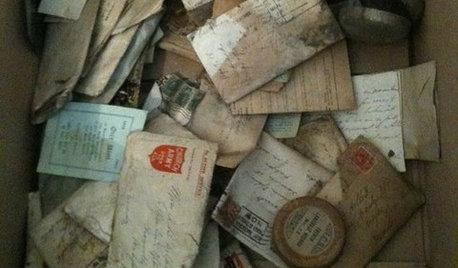
REMODELING GUIDESYou Won't Believe What These Homeowners Found in Their Walls
From the banal to the downright bizarre, these uncovered artifacts may get you wondering what may be hidden in your own home
Full Story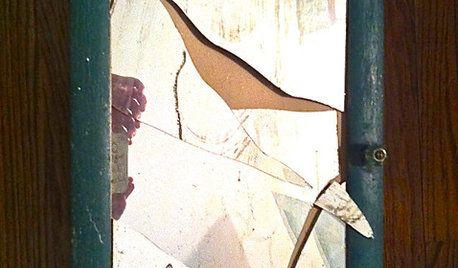
LIFEDo You Believe in Luck Around the House?
Broken mirrors, spilled salt, an unavoidable ladder — superstitions don't seem to affect this homeowner. Knock wood
Full Story
HOME TECH3 Kitchen Contraptions You Won’t Believe
Pizza hot from the printer, anyone? These cooking gadgets harness imagination and high tech — and have price tags to match
Full Story
BEFORE AND AFTERSOh Say, Can You Believe These $200 Star-Spangled Stairs?
Once sporting a mucky 1970s look, this staircase can now proudly be hailed for its beach cottage charm
Full Story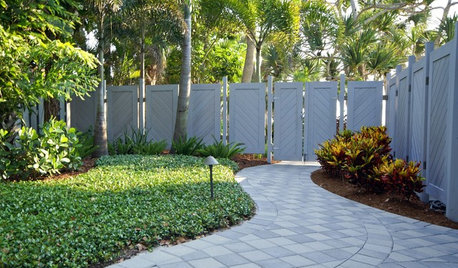
LANDSCAPE DESIGNHow to Choose a Fence That Feels Right and Works Hard
Making a thoughtful fencing choice now can create happiness for years to come
Full Story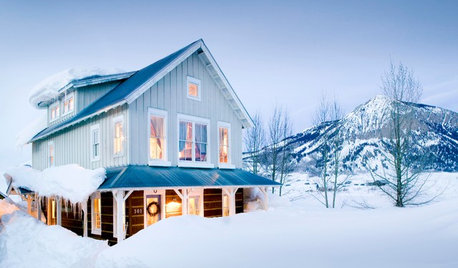
LIFEHard Winter? 9 Ways to Battle Cabin Fever
We know a lot of you are trapped where it just won’t stop snowing. Here are some ways to survive
Full Story
HOUZZ TOURSMy Houzz: Hard Work Pays Off in a DIY Cottage Renovation
First-time homeowners roll up their sleeves and give their midcentury Montreal home an infusion of style and personality
Full Story
KITCHEN DESIGNChef's Kitchen Works Hard Yet Stays Pretty
A butler's pantry complete with refrigerator and dishwasher helps a restaurateur contain the mess when cooking and entertaining at home
Full Story
MATERIALSA Hard Look at Recycled Plastic for the Home
It's durable and versatile, but processing takes a lot of energy. We sort through the facts on recycled plastic so you can choose wisely
Full StorySponsored
More Discussions






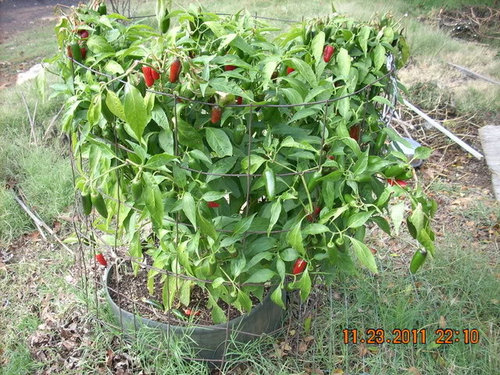
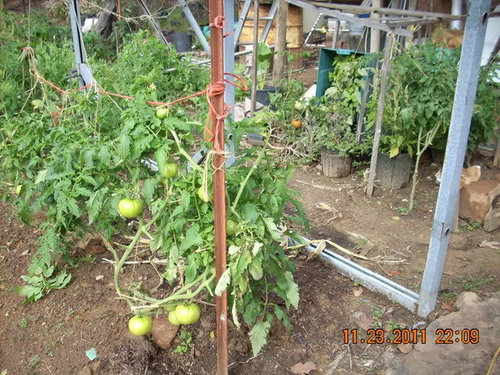
wantonamara Z8 CenTex
wantonamara Z8 CenTex
Related Professionals
Montgomeryville Landscape Architects & Landscape Designers · Wheeling Landscape Architects & Landscape Designers · Maple Heights Landscape Architects & Landscape Designers · McKinney Landscape Contractors · Addison Landscape Contractors · Bridgeview Landscape Contractors · Concord Landscape Contractors · Waipahu Landscape Contractors · Crystal Lake Decks, Patios & Outdoor Enclosures · Fairfax Decks, Patios & Outdoor Enclosures · Fort Myers Decks, Patios & Outdoor Enclosures · Hendersonville Decks, Patios & Outdoor Enclosures · Hershey Decks, Patios & Outdoor Enclosures · Highland Springs Decks, Patios & Outdoor Enclosures · Southampton Decks, Patios & Outdoor Enclosuresmulberryknob
seeker1122
soonergrandmom
Okiedawn OK Zone 7
soonergrandmom
wantonamara Z8 CenTex
Okiedawn OK Zone 7
mulberryknob
Okiedawn OK Zone 7
slowpoke_gardenerOriginal Author
soonergrandmom
wantonamara Z8 CenTex
wantonamara Z8 CenTex
Okiedawn OK Zone 7
wantonamara Z8 CenTex
Okiedawn OK Zone 7
mulberryknob
cactusgarden
soonergrandmom
cactusgarden
wantonamara Z8 CenTex